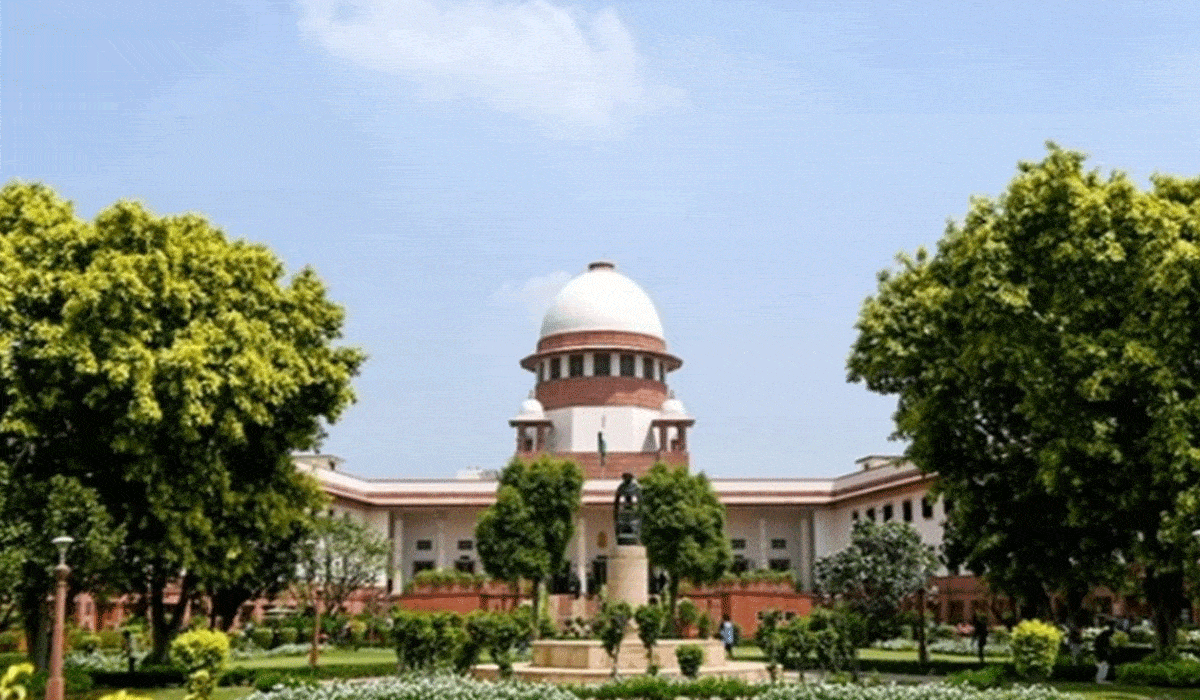Supreme Court junks PIL challenging rollout of ethanol-blended petrol
The Supreme Court on Monday dismissed a public interest litigation (PIL) challenging the Centre’s “unregulated” rollout of E20 petrol (20 per cent ethanol blended petrol) as the default petrol.

New Delhi: The Supreme Court on Monday dismissed a public interest litigation (PIL) challenging the Centre’s “unregulated” rollout of E20 petrol (20 per cent ethanol blended petrol) as the default petrol.
The plea said that mandating E20 for a predominantly non‑compatible vehicle fleet, especially pre‑April 2023 models, could lead to material degradation, safety risks, mileage loss, warranty and insurance denials.
Opposing the petition, Attorney General for India R. Venkataramani, the highest law officer of the Centre, argued that the PIL litigant was merely a “name-lender” and that a lobby was driving the litigation.
AG Venkataramani said that “outsiders” should not be allowed to decide what class of petrol is used, adding that the rollout of E20 fuel benefits sugarcane farmers.
After hearing the submissions, a Bench of Chief Justice of India (CJI) B.R. Gavai and Justice K. Vinod Chandran dismissed the matter.
The PIL stated that the rollout of E20 petrol as the default petrol undermined informed consumer choice, amounts to unfair trade practices under the Consumer Protection Act, 2019, while also infringing Articles 19 and 21 of the Constitution.
“Mandating E20…amounted to arbitrary State action violative of Articles 14, 19(1)(g), 21 and 300A of the Constitution, particularly in the absence of phased conformity, safeguards, or alternatives at retail,” it added.
Further, the plea said the government, as well as industry, acknowledged efficiency loss at E20 absent engine modifications and envisaged E10 as a protection fuel, yet the current implementation ignores those preconditions and well-established international practice that mandates pump disclosures and co‑existence of lower‑blend options.
The Union Ministry of Petroleum and Natural Gas has claimed that E20 petrol gives better acceleration, better ride quality and has lowered carbon emissions by approximately 30 per cent as compared to E10 fuel.
It is noteworthy that Brazil has been successfully running on E27 for years with zero issues. The same automakers, such as Toyota, Honda, Hyundai, etc., produce vehicles there too, the ministry said in a statement. Despite the increase in price of ethanol in comparison to petrol, the oil companies have not gone back on the ethanol blending mandate because the programme delivers on energy security, boosts farmers’ incomes and environmental sustainability, the statement added.
